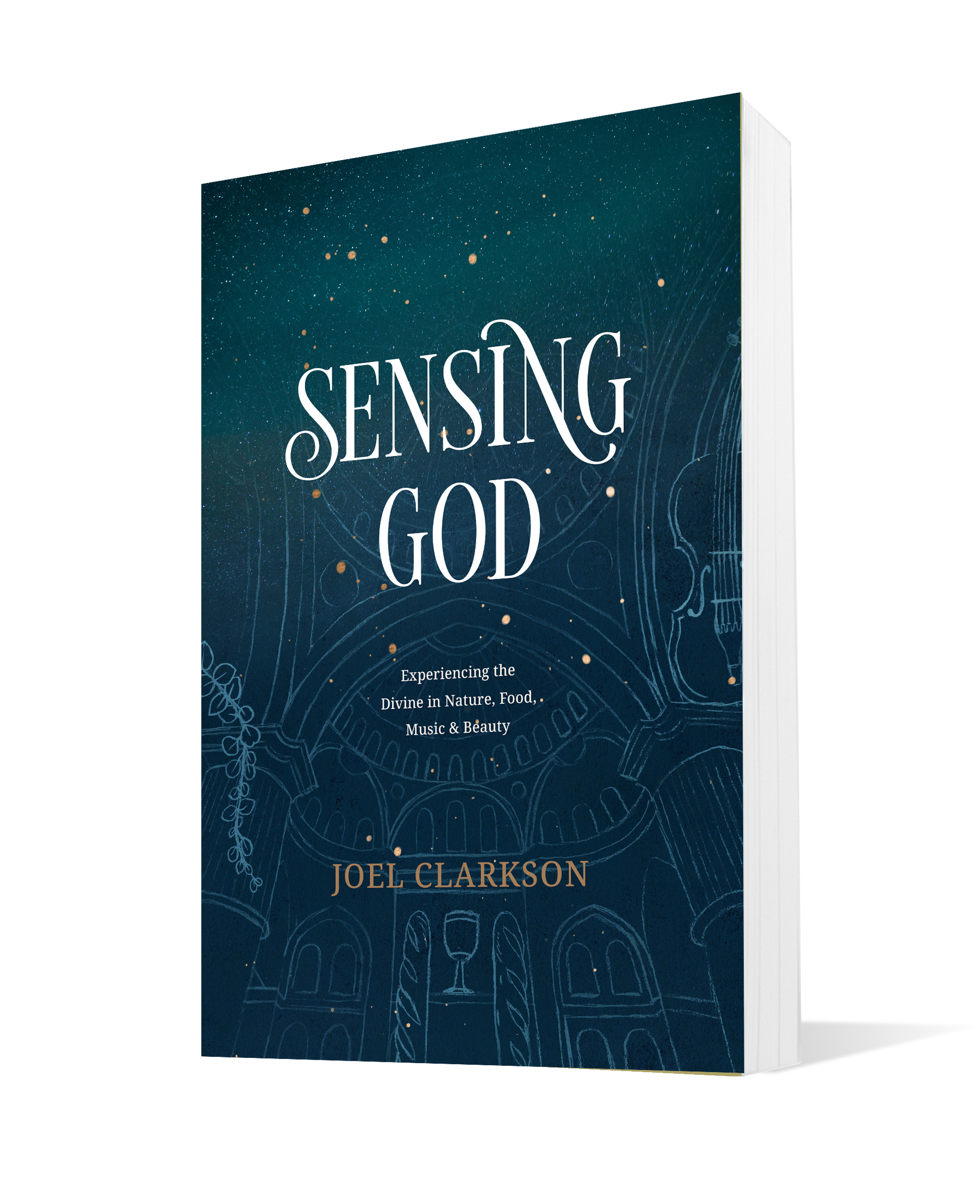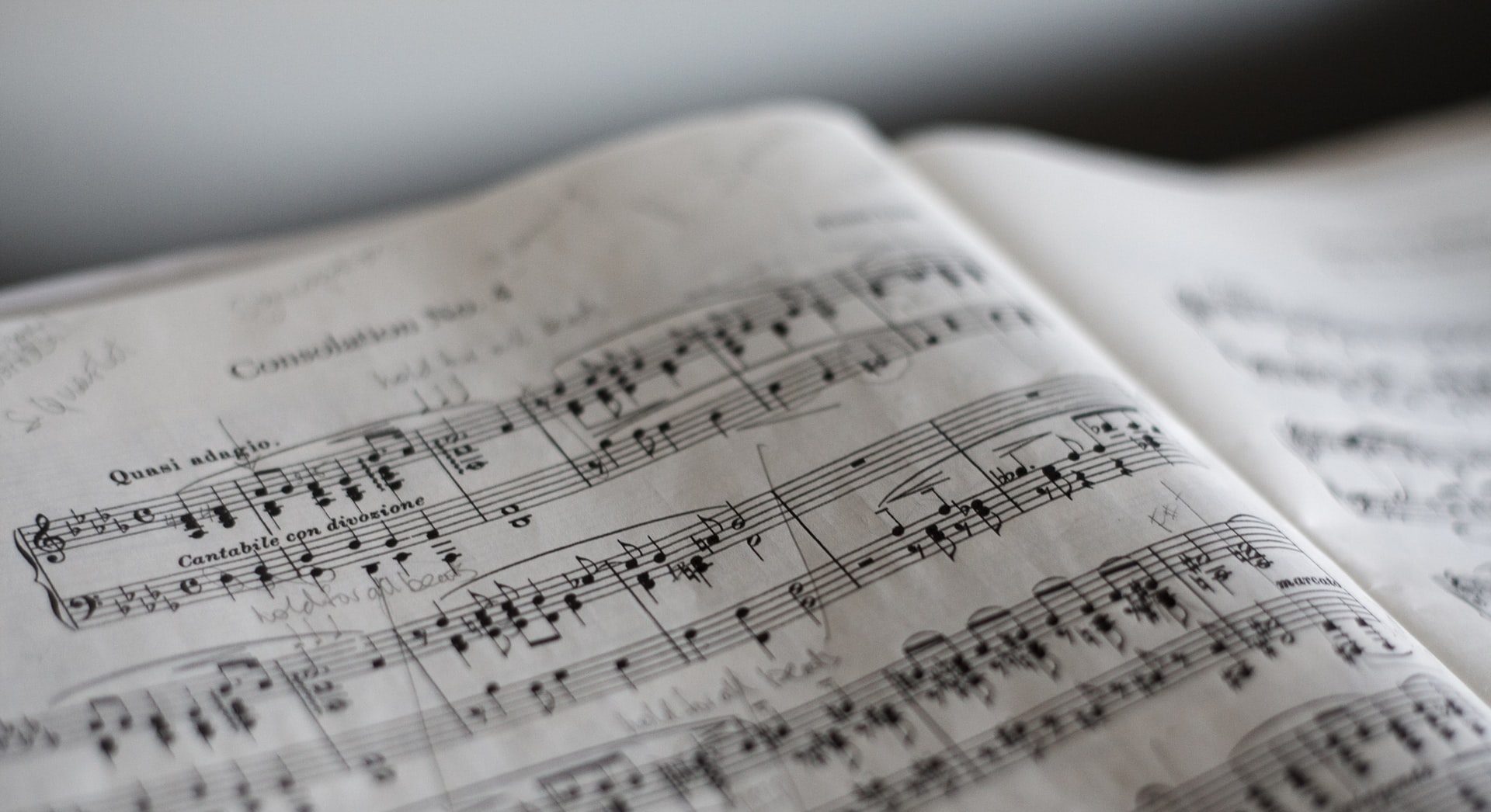Music is a connective tissue between our earthly, tangible lives and the intangible movement of the divine in and through all things. As the late poet and philosopher John O’Donohue said:
There is something deeper still in the way that music pervades us. In contrast to every other art form, it finds us out in a more immediate and total way. . . . It is as though music reaches that subtle threshold within us where the soul dovetails with the eternal.[i]
Music acts as a vital pathway into the participation of the eternal reality beyond our own, the eternal reality which so evades us when we try to get our minds around it. It delves into the heart of both our deepest longing and the paradoxical fear of the unknown caught up in that longing. We know that in Christ, we are restored to participation in God’s life and that we are destined to be resurrected into eternal life in God’s presence. And yet, how do we, in our finite bodies, and with our limited intellects, begin to grasp the incomprehensibility of the eternal, divine word of Christ, begotten of His Father before all ages, who entered into our time, took on our flesh, emptied Himself of His unbounded heavenly glory, and inhabited a fragile, finite human body?
The fear of the unknown contained in the concept of eternity is one which visits many of us even in our childhood. We know that we fervently want to live on, but we can’t imagine what it could possibly be like to live without end; embedded in our fragile bodies is the instinctual awareness of the toll that injury and illness and age will exact on us. The very thought of such an eternity, apprehended purely through our intellect, does not comfort us but makes us tremble with fear. Our finite minds cannot grasp what they cannot imagine, and the eternal is not in the purview of the human mind; it remains hidden away in our hearts. As Ecclesiastes says, “He has planted eternity in the human heart, but even so, people cannot see the whole scope of God’s work from beginning to end.”[ii] In our very essence is an eternity which our bodies and minds are not able to understand. Our rational thought can only take us so far until we reach the precipice of the edge of that which is analytically comprehendible. Beyond that is the darkness where our minds cannot go; only something beyond our intellect itself can possibly be our guide.
Our hearts are engines of sacrament. They take mere information and assign meaning to that rational knowledge, giving us the capacity to recognize God’s presence in the world and respond to it in praise and participation. Of course, at the very core of the sacramental world is Christ Himself, through whom the whole world was created; by whose incarnation, death, and resurrection the world was redeemed; and in whom, the world is destined to be restored, when Christ reconciles all things to Himself. The longing of our heart to participate in the sacramental reality which imbues the whole of creation is never a vague engagement with an unnamed divine presence but rather an encounter with the person of Jesus, the bridge between the human and the divine. Jesus is the one through whom we have access to the fullness of life in God, who recovers us from our sin and fallenness and restores us to life in the Father.
When we take Christ into our lives, His presence awakens the hidden gift of the eternal written on our hearts. To walk with Christ is not simply to assent to the idea of who He is but to experience His life restoring ours and reorienting the eyes of our hearts to His heavenly reality. As we heard from E. E. Cummings, we long for the “eyes of [our] eyes” to be opened. O’Donohue believed that this is precisely the liminal space which music fills and gives meaning:
We always seem to forget that the soul has two faces. One face is turned towards our lives; it animates and illuminates every moment of our presence. The other face is always turned towards the divine presence. . . . Perhaps this is where the mystical depth of music issues from: that threshold where the face of the soul becomes imbued with the strange tenderness of divine illumination.[iii]
In other words, music acts as a sort of connective tissue between the truth of the eternal hidden in our hearts and our engagement with the tangible world around us. Music becomes a way for us to contemplate Jesus, to understand, even without being able to articulate in words, even in the limitations of our finite form, what it means to be in Christ and to anticipate the heavenly reality that He has made possible through Himself. The Jesus that we invite into the fabric of our lives is the eternal reigning King over all creation, transcendent in heavenly majesty at the right hand of His father yet close at hand to us. As Hebrews tells us, Jesus is even now “in the place of honor at the right hand of the majestic God in heaven”;[iv] and yet this is the same Jesus who walked the roads of earth, held human hands, touched and healed countless hurting people. That same Christ is in each of us, and in Him, the eternal reality which Ecclesiastes says is hidden in our hearts is animated and brought to life. First Peter expresses the joy of this truth: “Now we live with great expectation, and we have a priceless inheritance—an inheritance that is kept in heaven for you, pure and undefiled, beyond the reach of change and decay.”[v] Though we live in the broken place, a world not yet restored, we know that we are destined for redemption, for the remaking of all things and the rising into life eternal in Christ. Music assists us in comprehending the joy of what our finite, flawed minds cannot yet understand, allowing us to engage in the sacramental knowledge of the already-and-not-yet of our eternal future in Christ. It accomplishes this by affectively drawing us into an awareness of that glory beyond mere intellectual understanding. Music enables us, as Peter says, to “rejoice with a glorious, inexpressible joy.”[vi]
[i] John O’Donohue, Beauty: The Invisible Embrace (New York, Perennial, 2004), 62.
[ii] Ecclesiastes 3:11.
[iii] O’Donohue, Beauty, 62.
[iv] Hebrews 1:3.
[v] 1 Peter 1:3-4.
[vi] 1 Peter 1:8.



